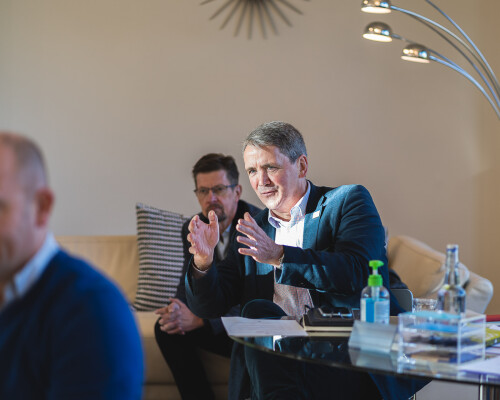How senior executives manage their insecurities
Since 2012 School for CEOs has been running programmes for senior business leaders from a wide range of sectors and industries. Despite their obvious success, a recurring theme raised by both delegates and speakers alike is the sense of feeling like an impostor; of feeling they are in a role they do not deserve and a fear of being ‘found out’. Coupled with feelings of self-doubt and being out of their depth, the delegates were reporting feelings of what is more commonly described as Impostor Feeling (“IF”).
Research on Impostor Feeling has evolved since the pivotal work of psychologists Clance and Imes in 1978. They defined the psychological construct that inhibits individuals from reaching their full potential and consequently hindering organisations’ progress. If leaders are grappling with feelings of inadequacy, what could this mean for overall business performance?
It is important to acknowledge that Impostor Feeling is subjective. It is an unfounded perception of an individual’s own intellectual inadequacy.
Given the weight of leadership, we were curious to understand Impostor Feeling more. How prevalent is it in both men and women in senior positions? How does it impact their performance and their leadership? And, most importantly, how could they develop coping strategies to deal with it?
Partnering with the Department of Psychology at Heriot Watt University, who share the School for CEOs’ interest in this subject, we have undertaken some research to answer these questions, and to share our findings both quantitatively and qualitatively.
We are very grateful to all our participants for their time and input. The research has generated a great deal of interest and we are delighted to share the outcomes. Our collaborators, Dr Mioara Cristea and Ronja Ostner, from Heriot Watt University have also used the findings to prepare an article that will be shared with the scientific community as well as a larger audience.





